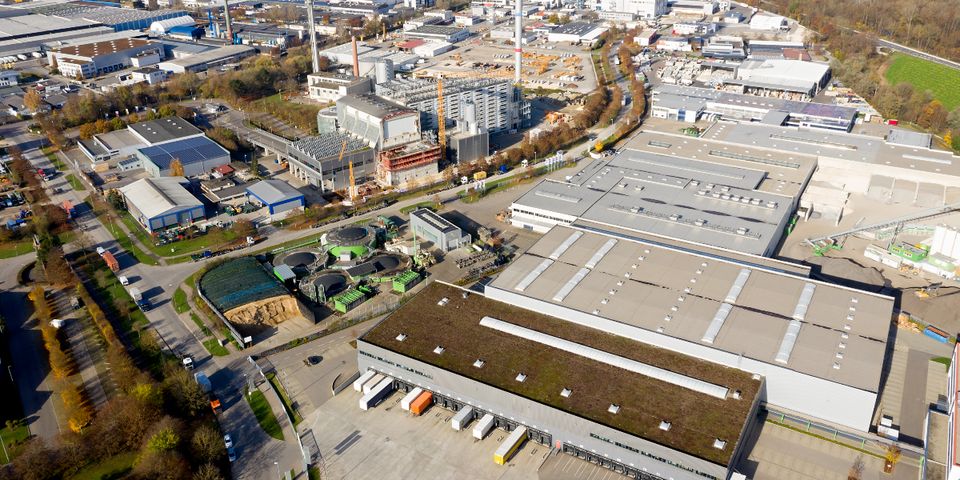
A hydrogen fuel cell generates energy to power cars, houses, and other portable applications. Although this energy source is renewable and more powerful than fossil ones, it has some downsides, making it an impractical choice as a power source. Here are the engineering issues and drawbacks of using this alternative fuel source.
Why Should You Avoid Using Hydrogen Fuel?
1. Limited Hydrogen Infrastructure

In mid-2021, only 48 retail hydrogen stations were open for business. This limited number is because the hydrogen economy is still in its early commercialization stage. As a result, it requires building pipelines, liquefaction plants, compressors, dispensers, and storage facilities to distribute it from end-to-user points like power generators, industrial facilities, or fueling stations. Additionally, this requires large investments compared to using fossil fuels which have been commercially available for decades.
2. Complex Storage
Hydrogen is stored as either liquid at a cryogenic temperature or gas in high-pressure tanks to prevent losing it in the atmosphere. However, these two storage methods involve energy loss of about 13% for compressing it to its gaseous state and 40% when liquefied. Additionally, this engineering issue makes lighter vehicles with limited capacity unable to carry sufficient amounts of this alternative fuel to operate a car. Although heavy-duty vehicles can accommodate larger tanks for storage purposes, this increases their load, leading to higher fuel consumption.
3. Requires Extraction
Hydrogen does not exist in the element state. It is commonly found in water with an H2O chemical formula. As a result, hydrogen extraction from water requires electrolysis, which involves 39kWh of electricity to produce 1 kg of hydrogen. Another extraction process involves using methane, leading to harmful byproducts such as carbon monoxide and volatile organic compounds.
If you’re looking for other alternative energy sources, contact the engineering experts at CDA Engineering. With over 50 years of experience, these professionals have provided cost-effective engineering solutions for power plants, fossil fuel plants, and other manufacturing businesses. Additionally, they offer electrical services, process automation, and electrical control assistance. Discuss your engineering needs by calling (248) 589-3300 or visiting them online for more information on their services.
About the Business
Have a question? Ask the experts!
Send your question

